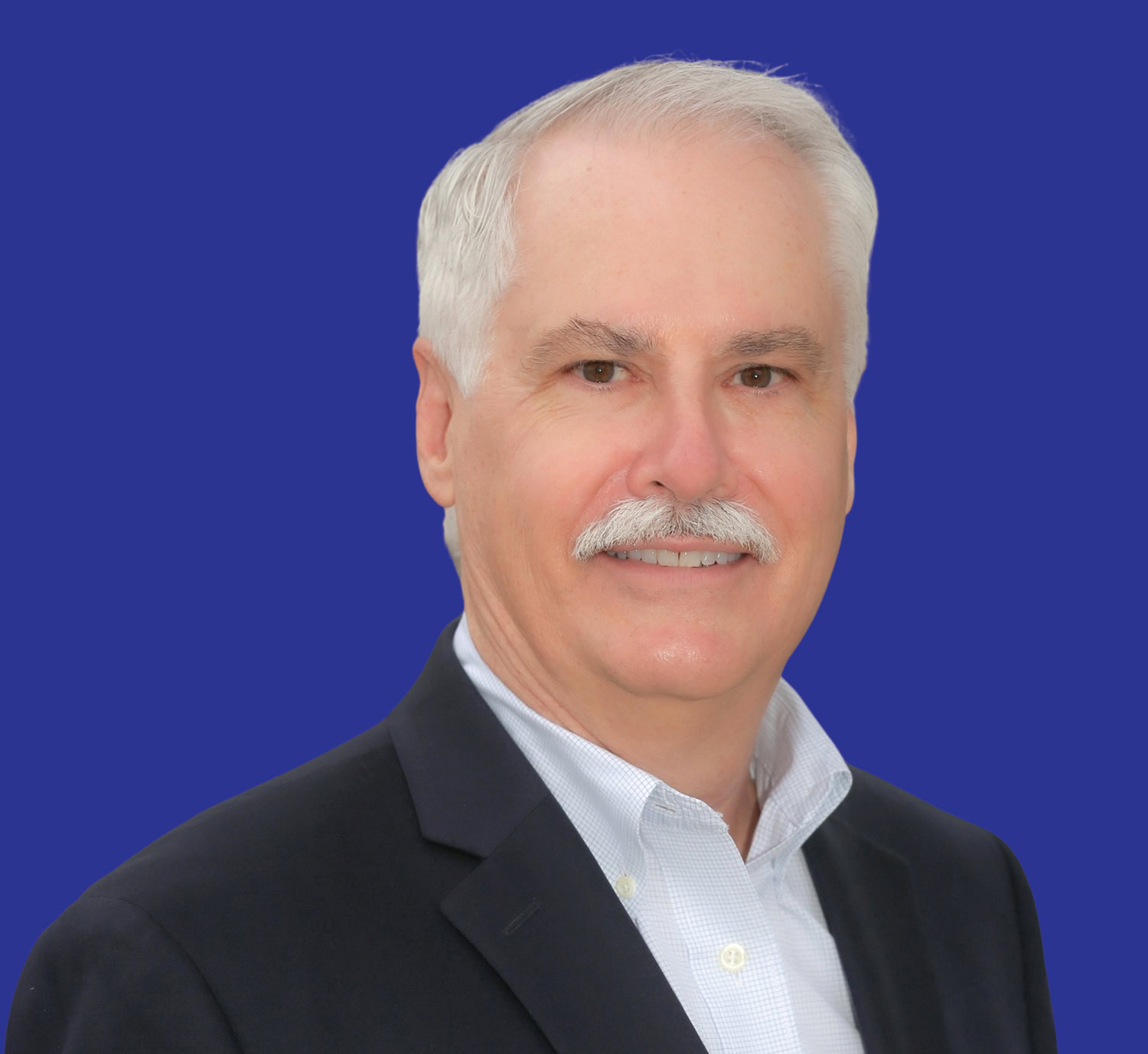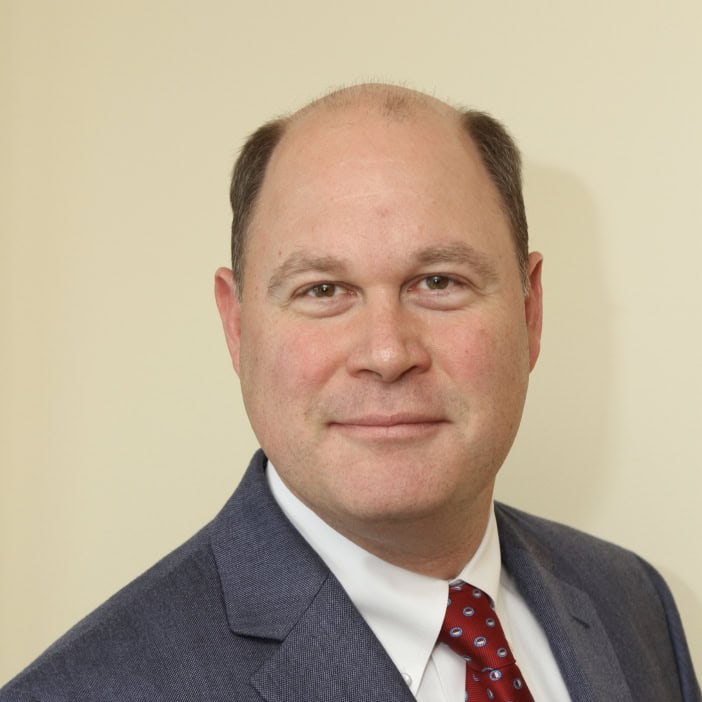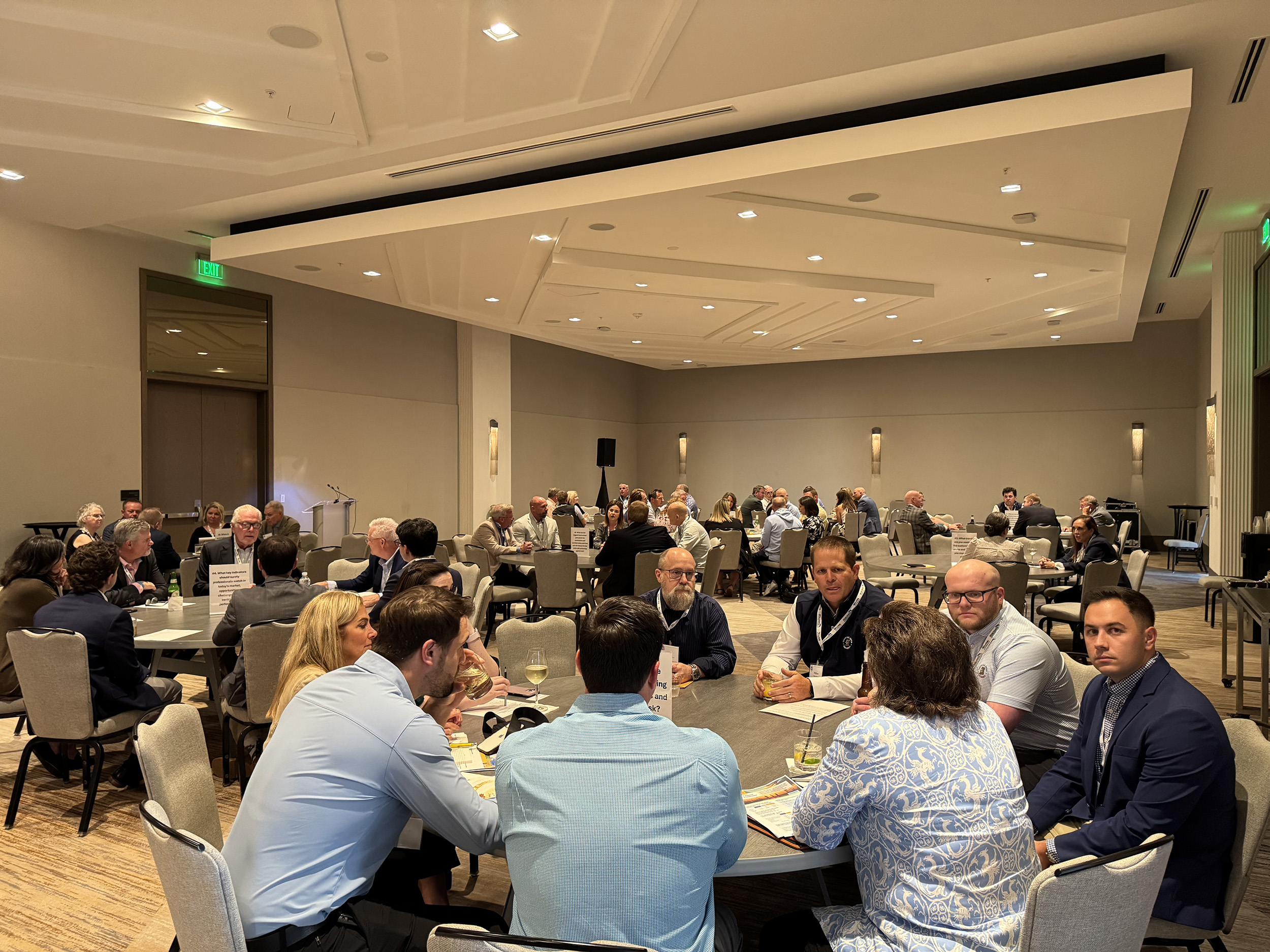July 2005
|
Weaving the Threads to Create a Positive Outcome We don’t accomplish anything in this world alone … and whatever happens is the result of the whole tapestry of one’s life and all the weavings of individual threads from one to another that creates something. One of the more fascinating aspects of our industry is our specialization. The surety business represents a very small component of the risk industry’s revenue, and is practiced by only a few. Yet we provide a fundamental foundation for one of the world’s largest industries (construction), and are expected to provide meaningful influence to industry leaders in the communities we serve. Many have said that ours is a “noble industry,” due to the liabilities that we assume, and the high level of expertise that is required of us. However characterized, surety professionals assume responsibility and enjoy opportunity in their careers that few vocations embody. Wouldn’t you agree? Despite the diverse interests of surety professionals, nothing gets done without achieving consensus. We share in successes and disappointments equally, and our ability to manage the emotions and opportunities created by our experiences is heavily influenced by our knowledge, resources, and relationships. Those that recognize the need to facilitate the underwriting process, through honest communication and honored commitments realize the greatest rewards. It can be a tough process to manage, and it isn’t always fun. Indeed, we have shortcomings, but overall we deliver solid value because we work together to create proper solutions to the demands made of our industry. The surety professionals of NASBP have created something special. You know what it is, because you practice it every day. I’d like to ask you, “What have you done lately to help others understand our business better? What have you done lately to enhance the relationships between all parties of the surety relationship? How have you helped your customers become more successful?” The promotion of our industry is an easy thing to do. The development of new ideas and capable resources is a very positive activity. In doing these things, we remain focused on the positive opportunities of our profession, we can have more fun, and develop greater rewards. I’d like to ask all members to take the time to contribute something positive to our industry, above and beyond what you normally do. My last Pipeline letter focused on some of the good things that are going on in our business. The response from our members to my remarks was significant; it seems that many are waiting and watching, hoping for the best. Good news generated a big reaction! That’s wonderful – please take a few moments to promote the special things we do and keep the momentum going. As Justice O’Connor suggests, the tapestry of our lives depends upon the sharing of our experiences to make great things happen! Ed Heine is Executive Vice President for the Payne Financial Group in Missoula, MT. He can be reached at eheine@pfgworld.com.
|
| NASBP Is On The Move! |
| The National Association of Surety Bond Producers will have a new office location effective Monday, September 12, 2005. 1828 L Street, NW Suite 720 Washington, DC 20036-5104 Please note that the NASBP offices will be closed on Friday, September 9th. All phone and fax numbers will remain the same.
|
| Building Strong Relationships By Attending NASBP 2005 Regional Meetings |
| Registration information and the Schedule of Events are NOW AVAILABLE online at our website via the links provided below. Register online today for the 2005 Regional Meetings. Hotel space is limited, so don’t wait to book your accommodations.REGIONS 1, 2 & 3 September 15 – 17 Vail Marriott Mountain Resort & Spa Vail, CO Program highlights include “Benchmarking Surety Results – Building Value Through Perpetuation,” a “Contingencies, Commissions and Fees Panel,” and special guest speaker, Jay Severin, New England talk radio personality, will share his perspective on news, events and the world of politics. Show your competitive side and plan to take part in the Skins Game and/or Golf Tournament. Vail offers many exciting recreational activities; information on optional tours will be forthcoming. Make plans now to join us! The hotel deadline is rapidly approaching, so reserve your hotel accommodations by contacting the Vail Marriott Mountain Resort & Spa directly at 970-476-4444 or 800-648-0720 before Wednesday, August 24. After August 24th the special NASBP room rate of $139 single/double (plus applicable taxes) may not be available, so book today! One night of the anticipated room/tax will be billed to individual credit cards at the cut-off date of August 24. Name changes to room reservations may be made prior to arrival at no charge as long as there is not a change to the arrival or departure. Deposits will be refunded for reservations that are cancelled at least seven (7) days prior to arrival. After August 24, reservations will be accepted on a space/rate available basis. Check-in is after 4:00 pm, and check-out is by 11:00 am. REGIONS 4, 5, 6 & 7 Program topics include “Benchmarking Surety Results – Building Value Through Perpetuation,” “Subcontractor Default Insurance” with Steven M. Charney of Peckar & Abramson P.C, and special guest speaker, Jay Severin, New England talk radio personality, will share his perspective on news, events and the world of politics. The Golf Tournament will take place at the Legacy Golf Course, recently selected by Golf Digest as one of the “Top 10 Courses to Play in Nevada.” Contact the Flamingo Las Vegas Hotel directly at 702-733-2111 or 800-732-2111 before Tuesday, September 21 to receive the special NASBP room rate of $115 single/double (plus applicable taxes). After September 21, reservations will be accepted on a space/rate available basis. If a guest checks out prior to the reserved check-out date, the hotel will add an early check-out fee of $50 to the guest’s account. Guests wishing to avoid an early check-out fee should advise the hotel at or before check-in of any change in planned length of stay. Name changes to room reservations may be made prior to arrival at no charge, if there is no change to the arrival and departure dates, and the change has been approved by the hotel. Check-in is after 3:00 pm, and check-out is by 12:00 pm. REGIONS 8, 9, 10 & 11 Program content includes “Benchmarking Surety Results – Building Value Through Perpetuation,” “Keeping it Real – Surety Departments Impacting the Company Bottom Line,” “What You Don’t Know Could Hurt You – Getting Involved in Local Politics,” and special guest speaker, Jay Severin, New England talk radio personality, will share his perspective on news, events and the world of politics. The Timbers of Troy Golf Course will host the Golf Tournament. A unique social event is planned for meeting registrants to enjoy exclusive use of the Baltimore Aquarium exhibits for a Dessert Reception. Plan to join in on the fun! To reserve your room, contact the Baltimore Marriott Hotel directly at 410-385-3000 or 800-228-9290 before Tuesday, September 10 to receive the special NASBP room rate of $169 single/double (plus applicable taxes). All reservations will require a credit card guarantee for one (1) night’s deposit. Deposits will be refunded for rooms cancelled more than 72 hours prior to arrival. Name changes to room reservations may be made up to day of arrival at no charge. After September 10, reservations will be accepted on a space/rate available basis. Check-in is after 4:00 pm, and check-out is by 12:00 pm.
|
| NASBP’s Membership Directory: Customized For You! |
| As reported in the June issue of Pipeline, the Membership Directory on the NASBP Web site, an exclusive benefit of membership, has been undergoing changes to become an even more powerful tool and a great way to keep in touch with peers from around the country.
The latest addition is a series of reports that replicate the format of the printed membership directories NASBP members used in the past. To download and view the reports, you must have Adobe Acrobat installed on your computer. If you do not, please click on the link provided below to download the free product.Access to the Membership directory and other information in the members and affiliates only portion of the website is by user id and password. To access the Membership directory, please click here: http://www.nasbp.org/membersonly_files/memlogin.cfm If you do not have your user id or password, please contact Patrick McGraw at (202) 464-1179 or pmcgraw@nasbp.org, so you don’t miss out on these valuable member benefits.
|
NASBP welcomes the following new Member and Affiliate who have joined the Association since the last issue of Pipeline. NEW MEMBER Scott Construction Services NEW AFFILIATE Lexon Insurance Company
|
| State Surety Legislation in Abundance in ’05 and What You Need To Know For Your Multi-State Business: Part II |
Pipeline is produced monthly by the National Association of Surety Bond Producers, 1828 L Street, NW, Suite 720, Washington, DC 20015-2014, 202/686-3700, Fax: 202/686-3656, www.nasbp.org, Internet e-mail address: info@nasbp.org Disclaimer: This information is provided for educational and informational purposes only and is not intended to serve as legal advice. Readers are cautioned to consult their legal counsel on any specific matters. |
Get Important Surety Industry News & Info
Keep up with the latest industry news and NASBP programs, events, and activities by subscribing to NASBP SmartBrief.




